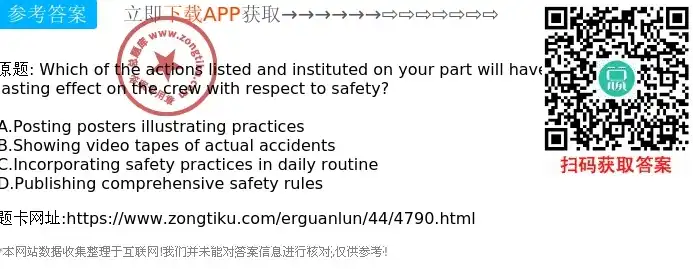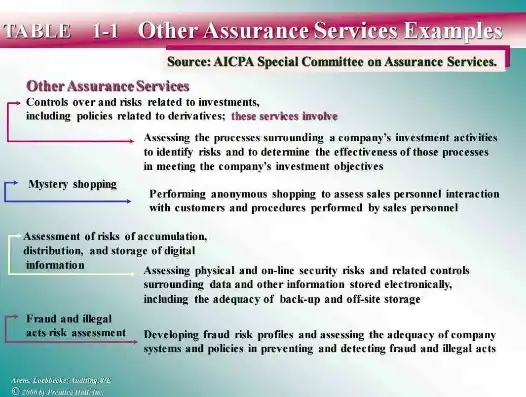In today's digital age, ensuring the security of an organization's data and systems is of paramount importance. This is where the role of a Security Audit Administrator (SAA) comes into play. The SAA is responsible for overseeing and managing the security audit process, ensuring that all systems and data are protected against potential threats and vulnerabilities. In this article, we will delve into the duties, responsibilities, and skills required of a Security Audit Administrator, as well as the benefits of having an SAA in an organization.

图片来源于网络,如有侵权联系删除
1、Introduction to Security Audit Administrator
A Security Audit Administrator is an IT professional who specializes in the field of security auditing. They are responsible for identifying, assessing, and mitigating security risks within an organization's IT infrastructure. The SAA works closely with other IT departments, such as network administrators, system administrators, and security analysts, to ensure that the organization's data and systems remain secure.
2、Key Responsibilities of a Security Audit Administrator
a. Conducting Security Audits: One of the primary responsibilities of an SAA is to conduct regular security audits. These audits involve reviewing the organization's IT infrastructure, policies, and procedures to identify potential vulnerabilities and weaknesses.
b. Implementing Security Controls: After identifying vulnerabilities, the SAA is responsible for implementing appropriate security controls to mitigate the risks. This may include configuring firewalls, implementing access controls, and deploying security software.
c. Monitoring Security Events: An SAA is responsible for monitoring security events and incidents within the organization. This involves analyzing logs, alerts, and other security-related data to identify potential threats and respond to incidents promptly.
d. Ensuring Compliance: Compliance with industry regulations and standards is a critical aspect of a Security Audit Administrator's role. They must ensure that the organization adheres to relevant laws and regulations, such as the General Data Protection Regulation (GDPR) or the Health Insurance Portability and Accountability Act (HIPAA).

图片来源于网络,如有侵权联系删除
e. Training and Awareness: An SAA is also responsible for providing training and awareness programs to employees to help them understand the importance of security and their role in maintaining a secure environment.
3、Skills Required for a Security Audit Administrator
a. Technical Skills: A Security Audit Administrator must have a strong understanding of IT systems, networks, and security technologies. They should be proficient in various security tools and technologies, such as firewalls, intrusion detection systems, and encryption.
b. Analytical Skills: Analyzing security data and identifying potential vulnerabilities requires strong analytical skills. An SAA must be able to interpret complex information and make informed decisions based on their findings.
c. Communication Skills: As an SAA works with various stakeholders, excellent communication skills are essential. They must be able to convey technical information effectively to non-technical individuals and collaborate with other departments.
d. Problem-Solving Skills: Security audit administrators must be adept at problem-solving to identify and address vulnerabilities. They should be able to think critically and develop effective solutions to mitigate risks.
4、Benefits of Having a Security Audit Administrator

图片来源于网络,如有侵权联系删除
a. Enhanced Security: By conducting regular security audits and implementing appropriate controls, an SAA helps to ensure that an organization's data and systems remain secure against potential threats.
b. Compliance: Ensuring compliance with industry regulations and standards is critical for avoiding legal and financial penalties. An SAA helps organizations stay compliant with relevant laws and regulations.
c. Risk Mitigation: An SAA helps identify and mitigate potential risks within an organization's IT infrastructure, reducing the likelihood of security breaches and data loss.
d. Employee Training and Awareness: By providing training and awareness programs, an SAA helps employees understand the importance of security and their role in maintaining a secure environment.
In conclusion, a Security Audit Administrator plays a vital role in ensuring the security of an organization's data and systems. By conducting regular security audits, implementing appropriate controls, and ensuring compliance with industry regulations, an SAA helps organizations protect against potential threats and vulnerabilities. With the increasing complexity of IT environments, the importance of a Security Audit Administrator cannot be overstated. Organizations that invest in a skilled SAA can expect enhanced security, reduced risks, and improved compliance with relevant regulations.
标签: #安全审计管理员英文简称


评论列表